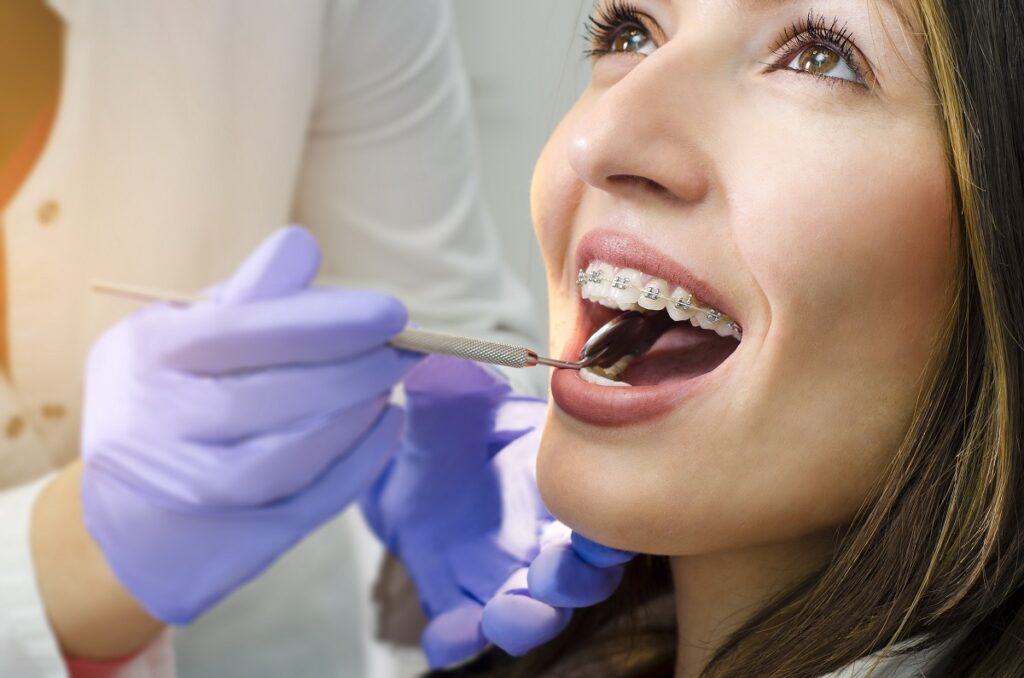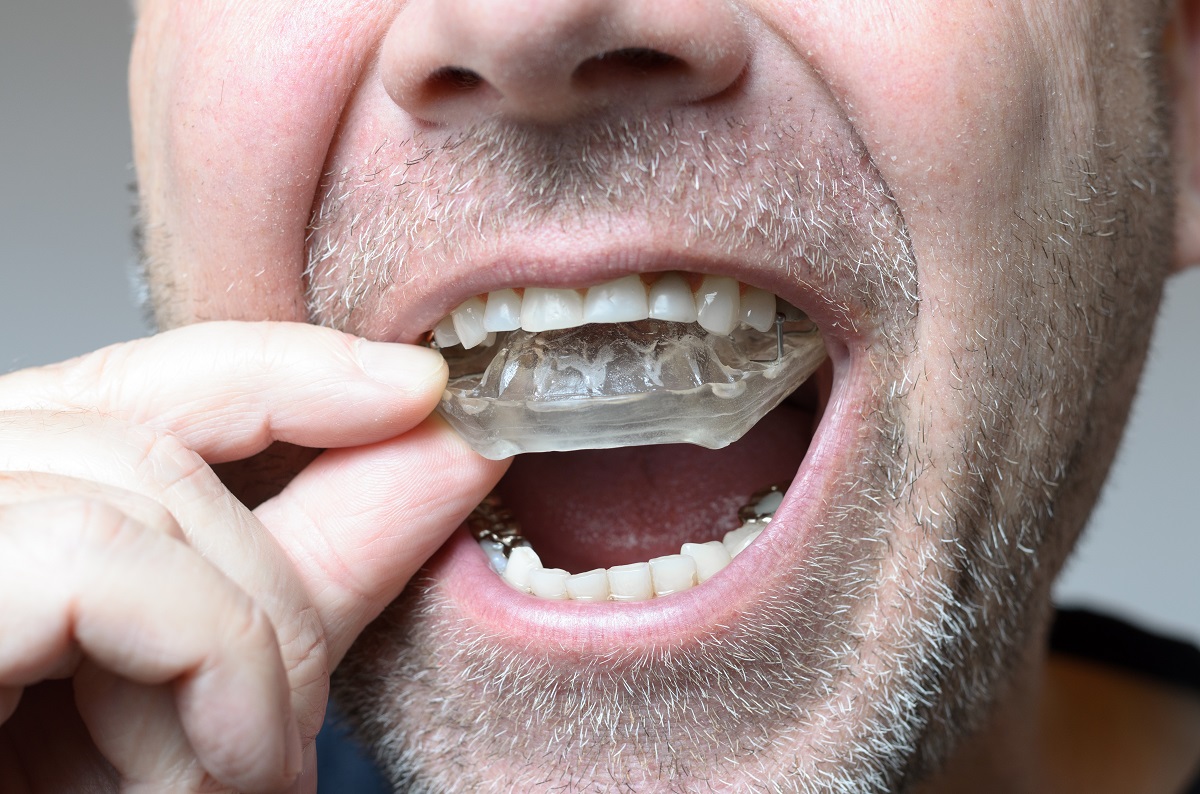- Brush and floss regularly to prevent tooth decay and gum disease
- Maintain a healthy diet and limit sugary snacks and drinks
- Schedule regular dental check-ups and cleanings
- Protect your teeth with mouthguards and avoid using them as tools.
- Seek professional dental services for customized treatments and personalized advice for your dental needs.
Taking care of your dental health is crucial for your overall well-being. Good oral hygiene ensures a healthy mouth and improves overall physical health. You can prevent tooth decay, gum disease, and other oral health issues by prioritizing your dental health. This guide will explore five tips to help you prioritize your dental health.
1. Brush and Floss Regularly
One of the most important habits for maintaining good dental health is brushing and flossing regularly. Brush your teeth at least twice daily using a soft-bristled toothbrush and fluoridated toothpaste. Be sure to brush all surfaces of your teeth, including the front, back, and chewing surfaces. This helps remove plaque and bacteria that can lead to tooth decay and gum disease.
Flossing is equally important as it helps clean the areas between your teeth that a toothbrush cannot reach. Take the time to floss at least once a day, gently sliding the floss between each tooth and along the gumline. Regularly performing this action helps eliminate food particles and prevent the accumulation of plaque, ultimately reducing the chances of developing cavities and experiencing gum inflammation.
2. Maintain a Healthy Diet
The foods you eat play a significant role in your dental health. A diet rich in fruits, vegetables, whole grains, lean proteins, and low-fat dairy products can promote strong teeth and gums. Avoid sugary snacks and beverages as much as possible, as they can contribute to tooth decay.
Instead, choose healthier choices like fresh fruits, vegetables, nuts, and water. These foods are good for your overall health and help stimulate saliva production, neutralizing acids and protecting your teeth from decay. Limit your consumption of sugary treats and acidic beverages, and if you do indulge, rinse your mouth with water afterward.
3. Schedule Regular Dental Check-ups
Regular dental check-ups are crucial for preserving optimal oral health. Visit your dentist at least twice a year for routine exams and cleanings. They will diligently search for any signs of decay, cavities, or gum disease, ensuring that your oral health is well taken care of.
Professional dental cleanings are also an essential part of these check-ups. Your dentist or dental hygienist will remove any plaque or tartar buildup that regular brushing and flossing may have missed. They will also polish your teeth to remove surface stains and give you a fresh, clean feeling.
4. Protect Your Teeth
Protecting your teeth from injury is another aspect of prioritizing your dental health.
Here are some tips on how to protect your teeth:
Mouthguards for Contact Sports
Mouthguards are especially important for those participating in contact sports such as football, hockey, and boxing. These sports have a high risk of impact on the face and mouth, which can result in serious dental injuries. A properly fitted mouthguard can help minimize damage to teeth and prevent them from getting knocked out or broken. Three types of mouthguards are available: stock, boil and bite, and custom-made. The most effective type is the custom-made mouthguard, as it is specifically designed for your teeth and offers the best protection.
Nightguards for Grinding and Clenching
If you suffer from bruxism, a nightguard can help protect your teeth while you sleep. Bruxism is a common condition that affects many people, and it can cause significant damage to your teeth over time. A nightguard serves as a protective barrier, effectively preventing the grinding of your upper and lower teeth as they come into contact. It can also help alleviate jaw pain and headaches associated with bruxism.
Avoid Using Your Teeth as Tools
Many people are guilty of using their teeth as tools, whether tearing open packaging or holding onto objects. However, this habit can cause significant damage to your teeth and lead to fractures or chips. It’s best to use the appropriate tools for tasks and avoid putting unnecessary strain on your teeth.
General Care for Your Teeth
Besides using mouthguards and avoiding harmful habits, there are other ways to protect your teeth. Proper oral hygiene, including brushing twice daily, flossing daily, and using mouthwash, is crucial for maintaining healthy teeth. Regular visits to your dentist for checkups and cleanings can also help prevent dental problems before they become more serious.
5. Seek Professional Dental Services
In addition to regular check-ups, seeking professional dental services when needed is crucial for maintaining optimal oral health. Whether you require fillings, crowns, root canals, or orthodontic treatments, addressing any dental issues promptly is important.
If you experience tooth pain, sensitivity, or any changes in your oral health, don’t hesitate to seek professional dental services. Your dentist can diagnose the problem and recommend appropriate treatments to restore your dental health. Addressing dental issues early on can prevent complications and maintain a healthy smile.
In Summary
Prioritizing dental health is essential for maintaining a healthy smile and overall well-being. By brushing and flossing regularly, maintaining a healthy diet, scheduling regular dental check-ups, protecting your teeth, seeking professional dental services when needed, and practicing good oral hygiene habits at home, you can enjoy a lifetime of strong and healthy teeth. Investing in your dental health today will pay off in the long run.


